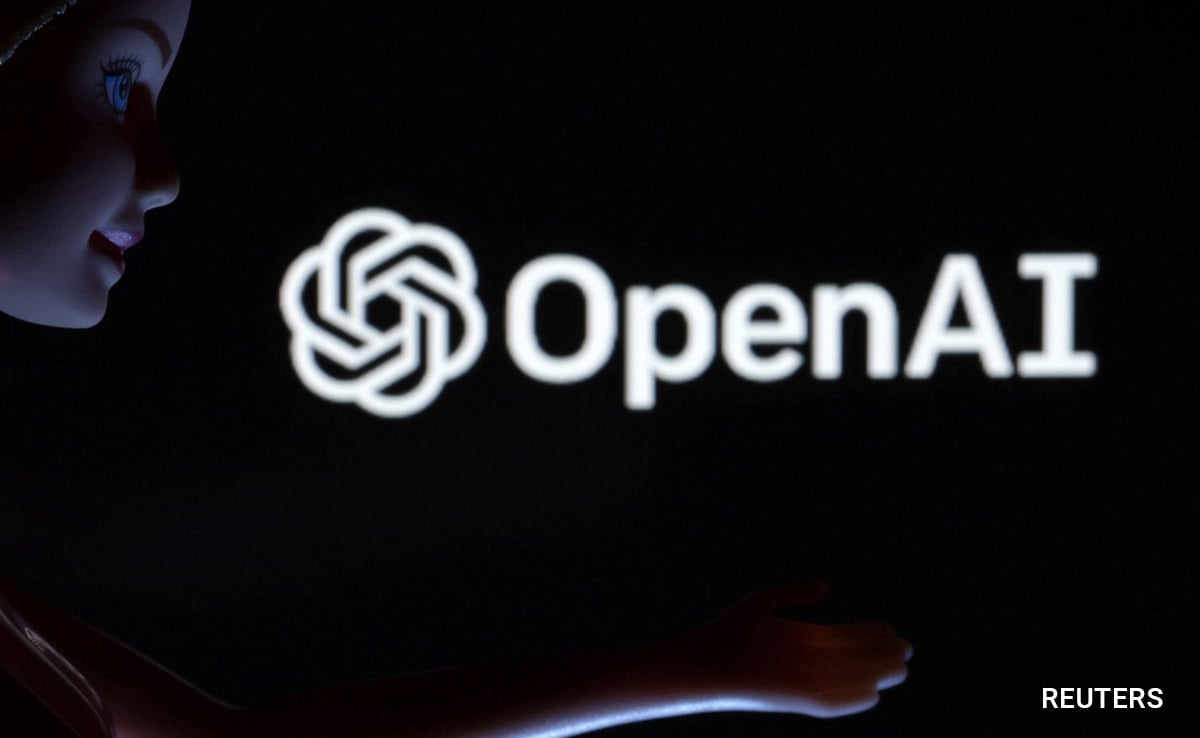Amid the whirlwind of ambition, controversy, and human drama, OpenAI’s story underscores that the path to artificial intelligence’s (AI) future is not just written in code but also in the very human narratives of those who wield it.
The Silicon Valley Thriller Unfolds
In a twist befitting a Silicon Valley thriller, the boardroom of OpenAI became the stage for a dramatic coup. The board’s decision to oust Sam Altman was not just sudden but shrouded in secrecy and intrigue.
The details are striking: Altman received a text from Ilya Sutskever, OpenAI’s chief scientist, for a meeting that would abruptly end his tenure. Greg Brockman, co-founder and board chairman, learned of his removal from the board in a similarly abrupt manner.
The details of Altman’s departure read like a plot twist in a high-stakes drama.

A video call on Google Meet – the irony of using a competitor’s platform not lost on the tech community – served as the stage for this unexpected turn. In her tweets, Kara Swisher captured the shock and confusion rippled through the industry: “The board members who voted against Altman felt he was manipulative and headstrong… This might not be a typical SV (Silicon Valley) company.”
The man who had become the face of AI’s most audacious dreams was unceremoniously fired, setting off a chain reaction that would shake the very foundations of OpenAI. This company promised to democratise AI and harness its potential for the greater good. Yet, here we were, witnessing a boardroom coup that felt more like a scene from a high-stakes thriller than the day-to-day operations of a tech firm.
What happens when the guardians of the future become entangled in their own human dramas? The story of OpenAI is not just about technology; it’s about the people behind it, their dreams, their conflicts, and the consequences of their actions in a world increasingly shaped by the AI they create.
A Narrative Not Penned By AI
At a time when AI scripts narratives, churns out prose, and even crafts poetry, the story at OpenAI reminds us of human nature’s complexity and unpredictability.
The irony is palpable. OpenAI, a company at the forefront of developing AI that can mimic human creativity, is embroiled in a saga that no machine could have concocted (or perhaps they will, in a not-so-near-future). It’s all about ambition, betrayal, and controversy – quintessentially human elements.
The Shift From Idealism To Realism
OpenAI’s journey from a non-profit organisation to a for-profit entity reflects a significant shift in the AI landscape. The company was at the centre of a corporate AI land grab following Microsoft’s multi-billion-dollar investment.
This shift raises critical questions about the balance between innovation and AI ethics, profit and purpose, mirroring the broader tech industry’s struggle to reconcile its ideals with market realities.
The transformation was gradual but significant. The partnership with Microsoft provided financial backing and access to critical resources and infrastructure, further entrenching OpenAI in the corporate sphere.
As OpenAI navigated this new terrain, its original ethos of openness and transparency began to wane. The company, which once championed sharing its research and developments, started adopting a more guarded approach.
This change was evident in its handling of the GPT-2 language model. Initially hesitant to release the model due to concerns over its potential misuse, OpenAI eventually made it available on GitHub, albeit with reservations.
As Vice wrote in February earlier this year, Open AI’s transition marked a retreat from the open-source ideals, raising critical questions about the future trajectory of AI development and the ethical considerations that come with it.
Unearthing The Past
Meanwhile, past incidents and allegations resurfaced, casting a shadow over the company’s dramatic narrative. These revelations, emerging from various sources, added layers of complexity and intrigue to the unfolding story.
One of the most striking elements was the resurfacing of tweets from Annie Altman, dated November 14, 2021.
In her messages on X, formerly known as Twitter, she accused her biological siblings, primarily Sam Altman and, to some extent, Jack Altman, of various forms of abuse. Her call for legal justice and group healing, as she sought others who might have suffered similarly, painted a starkly different picture of the Altman family, contrasting sharply with their public personas.
Mystery Deepens
TechCrunch’s latest article, “WTF is going on at OpenAI?” by Devin Coldewey, dives into the perplexing circumstances of Sam Altman’s abrupt departure from his CEO role.
The board’s cryptic statement about Altman’s “departure following a deliberative review process” only fuels the fire of speculation.

Was Altman maneuvering behind the scenes in a major deal, possibly entangled with Microsoft’s interests? Or did a clash over the company’s long-term strategy and financial sustainability lead to this dramatic climax? The plot thickens with suggestions of a grave security breach or a rift in AI ethics and philosophy. Intellectual property and legal liabilities also loom as potential culprits in this unfolding drama. Amidst this maelstrom, Coldewey doesn’t shy away from the more personal angles – could unprofessional conduct or private matters have played a part?
The truth remains elusive, at least for now.
In the latest twist at the OpenAI, investors are rallying to reinstate Sam Altman as CEO, as The Wall Street Journal reported.
Following his abrupt dismissal, Altman is weighing the option of returning under the condition of forming a new board. Alternatively, he contemplates starting a new venture, potentially attracting former OpenAI employees.
This development comes amidst a backdrop of internal turmoil, with the board’s decision to part ways with Altman over alleged communication issues and concerns about the company’s rapid commercial expansion straying from its original safe AI development mission.
Key stakeholders, including Microsoft and Thrive Capital, are actively involved in the discussions, reflecting the high stakes and complex dynamics in this unfolding drama at one of the AI industry’s most prominent companies.
(Pankaj Mishra has been a journalist for over two decades and is the co-founder of FactorDaily.)
Disclaimer: These are the personal opinions of the author.




